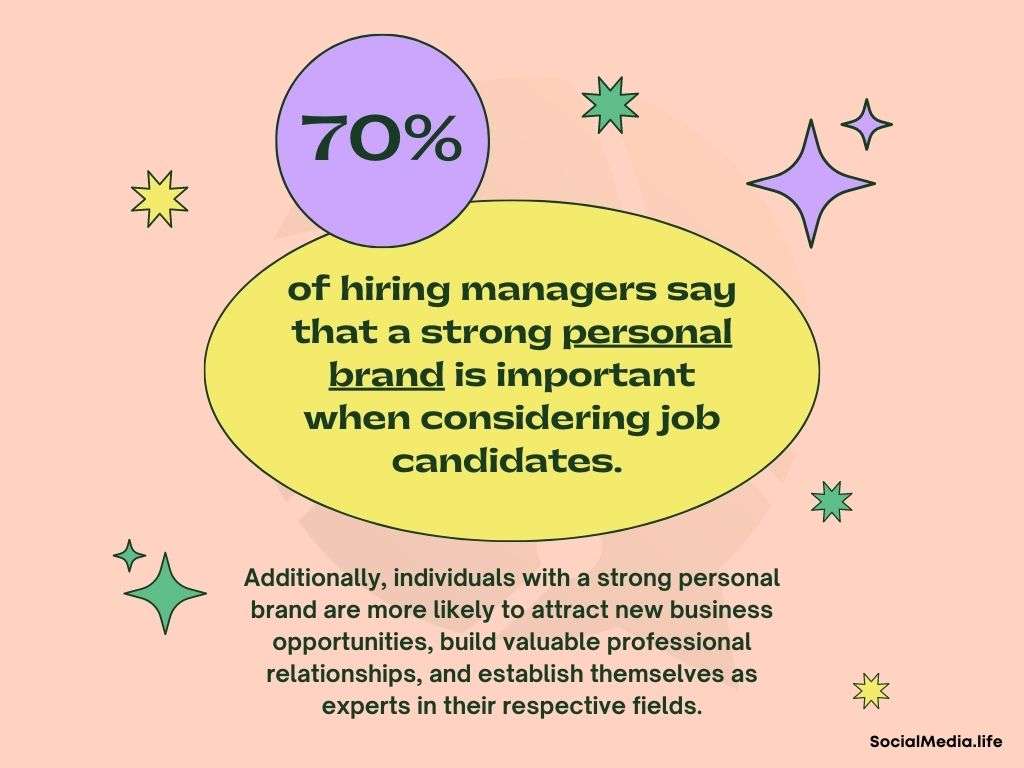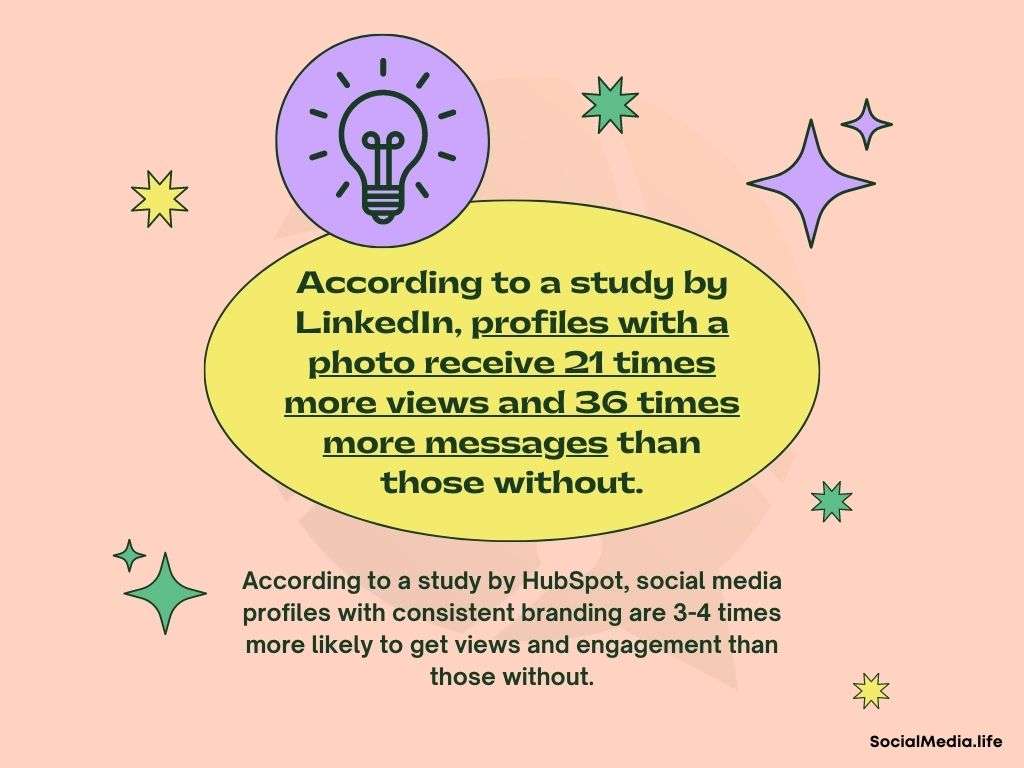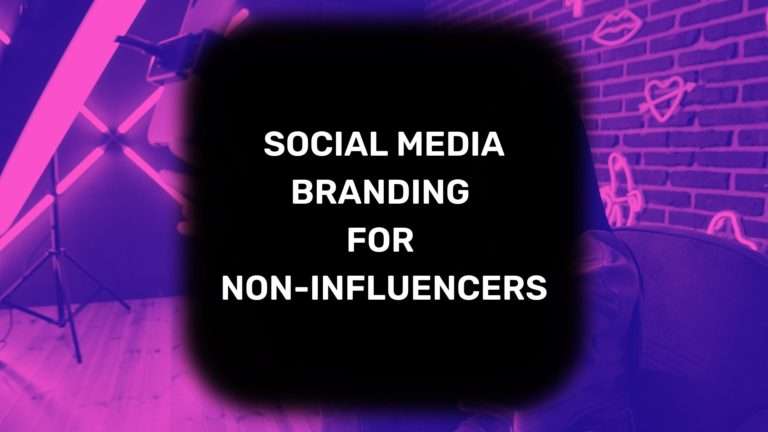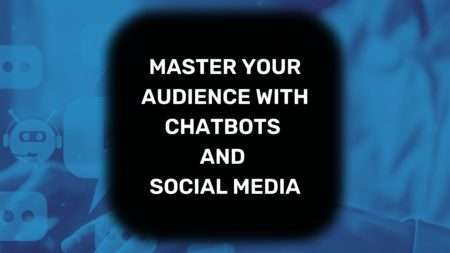What you’ll learn…
Introduction
Social media branding refers to the practice of creating a distinctive identity for yourself that sets you apart from others. While personal branding may be commonly associated with social media influencers, it is equally important for non-influencers. In today’s highly competitive job market, having a strong personal brand can help non-influencers stand out from the crowd and advance their careers.
According to LinkedIn, 70% of hiring managers say that a strong personal brand is important when considering job candidates. Additionally, individuals with a strong personal brand are more likely to attract new business opportunities, build valuable professional relationships, and establish themselves as experts in their respective fields. In this post, we will explore the importance of personal branding for non-influencers and provide practical tips for building a strong personal brand.
Identify Your Unique Selling Proposition (USP)
To establish a strong personal brand, it is important to first identify your Unique Selling Proposition (USP). This refers to the unique combination of skills, experiences, and qualities that set you apart from others in your field. Here are some tips for identifying your USP:
Define What Makes You Different
Start by thinking about what makes you stand out from your peers. Consider your education, work experience, skills, and achievements. Ask yourself what sets you apart from others in your industry or field. According to a study by LinkedIn, the top skills that employers look for in job candidates are creativity, persuasion, collaboration, adaptability, and time management.
Determine Your Core Strengths and Skills
Next, determine your core strengths and skills. Consider the skills that you enjoy using the most and the ones that come naturally to you. You can also ask colleagues, friends, or family members for feedback on what they think your strengths are. Once you have identified your core strengths and skills, you can start to incorporate them into your personal brand.
Develop a Mission Statement to Guide Your Brand
A mission statement can help guide your personal brand and ensure that all of your efforts are focused on achieving your goals. Your mission statement should be concise, clear, and specific. It should describe your purpose, values, and goals. For example, a mission statement for a marketing professional might be: “To use my creativity and analytical skills to help companies increase their brand visibility and drive sales growth.”
By identifying your USP and developing a mission statement, you can establish a strong personal brand that sets you apart from others and helps you achieve your professional goals. In the next section, we will discuss how to develop a personal branding strategy.

Create Your Personal Branding Strategy
Once you have identified your USP, it’s time to develop a personal branding strategy that will help you communicate your brand effectively. Here are some tips for creating a strong personal branding strategy:
Define Your Target Audience
Start by defining your target audience. Consider who you want to reach with your personal brand and what their needs and interests are. According to a study by Sprout Social, the top reasons that consumers follow brands on social media are for discounts and promotions, to learn about new products, and for entertainment. By understanding your target audience, you can tailor your content and communication channels to better reach them.
Choose the Right Communication Channels
Once you have defined your target audience, it’s important to choose the right communication channels to reach them. Consider the social media platforms and other channels that your target audience uses the most. According to a study by the Pew Research Center, the most popular social media platforms among adults in the United States are YouTube, Facebook, Instagram, and Twitter. By choosing the right communication channels, you can reach your target audience more effectively and increase your visibility.
Develop Content that Showcases Your Skills and Expertise
Finally, develop content that showcases your skills and expertise. Consider the type of content that your target audience is most likely to engage with, such as blog posts, videos, or infographics. According to a survey by Demand Gen Report, 96% of B2B buyers want content with more input from industry thought leaders. By creating content that demonstrates your expertise and provides value to your target audience, you can establish yourself as a thought leader in your industry.
By defining your target audience, choosing the right communication channels, and developing content that showcases your skills and expertise, you can create a strong personal branding strategy that helps you achieve your professional goals. In the next section, we will discuss how to build your online presence.

Build Your Online Presence
In today’s digital age, having a strong online presence is crucial for building your personal brand. Here are some tips for establishing a consistent and professional online identity, optimizing your social media profiles, and developing a personal website or blog to showcase your work:
Establish a Consistent and Professional Online Identity
One of the first steps to building your online presence is to establish a consistent and professional online identity. This means using the same username, profile picture, and branding across all of your social media platforms and other online channels. According to a study by HubSpot, social media profiles with consistent branding are 3-4 times more likely to get views and engagement than those without.
Optimize Your Social Media Profiles
Once you have established a consistent and professional online identity, it’s important to optimize your social media profiles. This means including a clear and concise bio that highlights your skills and expertise, using keywords that are relevant to your industry, and including a link to your personal website or blog. According to a study by LinkedIn, profiles with a photo receive 21 times more views and 36 times more messages than those without.
Develop a Personal Website or Blog to Showcase Your Work
Finally, consider developing a personal website or blog to showcase your work and establish yourself as a thought leader in your industry. Your website or blog should include a clear and concise bio, a portfolio of your work, and blog posts or articles that demonstrate your expertise. According to a survey by Wix, 56% of small business owners believe that having a website is essential for their business.
By establishing a consistent and professional online identity, optimizing your social media profiles, and developing a personal website or blog, you can build a strong online presence that supports your personal branding goals. In the next section, we will discuss how to network effectively to expand your reach and build valuable connections.
Network and Collaborate
Networking is a key component of building a personal brand, as it allows you to expand your reach and build valuable connections. Here are some tips for effective networking and collaboration:
Attend Industry Events and Conferences
Attending industry events and conferences is a great way to meet other professionals in your field and learn about the latest trends and developments. According to a survey by Eventbrite, 78% of respondents said that networking is a major reason for attending events and conferences. To make the most of these opportunities, come prepared with business cards, a clear elevator pitch, and the goal of meeting at least three new people.
Join Professional Organizations
Joining professional organizations is another effective way to expand your network and stay up-to-date with industry news and developments. These organizations often hold networking events, offer professional development opportunities, and provide access to exclusive job postings. According to a survey by LinkedIn, 80% of professionals consider professional organizations to be important for their career development.
Collaborate with Other Professionals
Collaborating with other professionals can also help you expand your network and build valuable relationships. Look for opportunities to collaborate on projects, speak on panels or at events, or co-author articles or blog posts. According to a survey by HBR Ascend, 65% of professionals believe that collaboration is important for achieving career success.
By attending industry events and conferences, joining professional organizations, and collaborating with other professionals, you can expand your network and build valuable connections that support your personal branding goals. In the next section, we will discuss how to maintain and update your personal brand over time.

Monitor and Evaluate Your Brand
Building a personal brand is an ongoing process, and it’s important to regularly monitor and evaluate your branding efforts to ensure that they’re effective. Here are some tips for monitoring and evaluating your personal brand:
Monitor Your Online Reputation
Use online reputation management tools to monitor your brand mentions and reviews online. Address any negative reviews or comments promptly, and maintain a professional and respectful tone in your responses.
Evaluate Your Brand’s Success
Use analytics tools to track your website and social media engagement. Analyze your follower growth, engagement rates, and website traffic to see if your branding efforts are making a positive impact. Set benchmarks for success and track your progress over time.
Adjust Your Branding Strategy
Use the insights you gain from monitoring and evaluating your branding efforts to adjust your strategy as needed. If you’re not seeing the results you want, consider trying new communication channels or changing the types of content you’re sharing.
Building a personal brand can be a valuable tool for non-influencers looking to advance their careers or pursue new opportunities. By identifying your unique selling proposition, creating a branding strategy, building an online presence, networking and collaborating with others, and monitoring and evaluating your brand, you can establish yourself as a professional with expertise and skills that stand out in your field.
What’s Next
In today’s competitive market, building a strong personal brand can be the key to standing out and advancing your career, even if you’re not an influencer. By identifying your unique selling proposition, creating a personal branding strategy, building a professional online presence, networking and collaborating with others, and monitoring (and evaluating) your brand, you can establish yourself as an expert in your field and increase your visibility among potential employers, clients, and collaborators.
Remember, personal branding is an ongoing process that requires time, effort, and consistency. But the rewards can be significant, both in terms of professional opportunities and personal fulfillment. So don’t wait any longer. Start building your personal brand today and watch your career soar!







